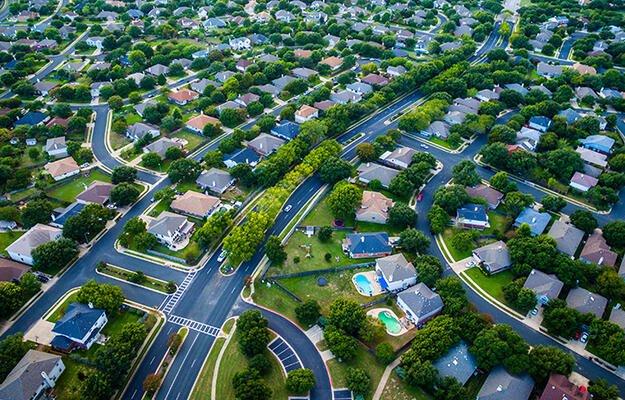
Can Access to Free Health Care Ease the Burden of Housing Costs?
- Title:
- Can Access to Free Health Care Ease the Burden of Housing Costs?
- Author:
-
Shiho Kino, Koryu Sato, Ichiro Kawachi
- Source:
-
International Journal for Equity in Health
- Publication Date:
-
2018
Medical expenses pose a serious threat to Americans’ financial health. Research suggests medical debt affects people’s ability to build credit, access health care, and afford their basic needs. The passage of the Affordable Care Act and the expansion of Medicaid across several states reduced medical expenses, especially for households eligible for free health care1. Although Medicaid’s primary purpose is to enable low-income families to access health care, relieving anxiety stemming from medical expenses is a sometimes-overlooked health benefit of the program. Several studies have analyzed the effect of Medicaid expansion on the nonmedical spending patterns of households, but little research has explored the psychological effects. In this study, researchers examined whether obtaining free health insurance through Medicaid expansion helped reduce worry and stress related to housing and food costs.
Using 2015 data from the Behavioral Risk Factor Surveillance System, a database of state health trends based on telephone surveys of more than 400,000 people ages 18 and older across the United States and the District of Columbia, researchers compared 12 states2 that included a question on their survey regarding stress related to paying rent or mortgages and buying nutritious meals. Of those 12 states, 5 had adopted Medicaid expansion (Arkansas, Delaware, the District of Columbia, Minnesota, and Rhode Island) and 7 had not (Alabama, Georgia Louisiana, Mississippi, Missouri, Tennessee, and Utah). Researchers assessed whether Medicaid expansion led to increased rates of health insurance and how obtaining health insurance affected stress related to housing and food costs. Researchers analyzed the results across household and state-level demographic characteristics, including age, gender, income, race or ethnicity, marital status, and unemployment rate. The analysis excluded people ages 65 or older (who are already covered under Medicare). The researchers also stratified the results to assess how Medicaid affected those eligible for free Medicare and those who were not.
Key findings
- Among people eligible for free health care, the expansion of Medicaid increased the rate of insured households and reduced stress and worry associated with affording food and housing costs.
- Among people eligible for free health care, those living in Medicaid expansion states were more likely to have obtained health insurance than those living in states that opted out of Medicaid. For those not eligible for free Medicaid, however, living in a Medicaid expansion state was not associated with higher insurance rates.
- A 10 percentage-point increase in health insurance coverage among people eligible for free Medicaid reduced the likelihood of stress or worries related to buying nutritious meals by 7.2 percentage points. But for those not eligible for free Medicaid, obtaining health insurance was not associated with stress or worry related to buying nutritious meals.
- A 10 percentage-point increase in health insurance coverage among people eligible for free Medicaid reduced the likelihood of stress or worry related to affording rent or mortgages by 8.6 percentage points. For those not eligible for free Medicaid, however, there was no significant association between obtaining health insurance and stress or worry related to paying rent or mortgages.
- Among people eligible for free Medicaid, stress or worry related to affording meals and rent or mortgages was less pronounced among people with better self-reported health status.
- Stress or worry related to affordability of nutritious meals and rent or mortgages was associated with being female, living with children, and being unemployed.
1 In states that have adopted Medicaid expansion, program eligibility is based on an income threshold. People whose incomes are less than 138 percent of the federal poverty level are eligible for free health care, while those whose incomes are more than 138 percent the federal poverty level are ineligible.
2The District of Columbia is treated as a state for survey purposes.
Photo by sirtravelalot/Shutterstock


